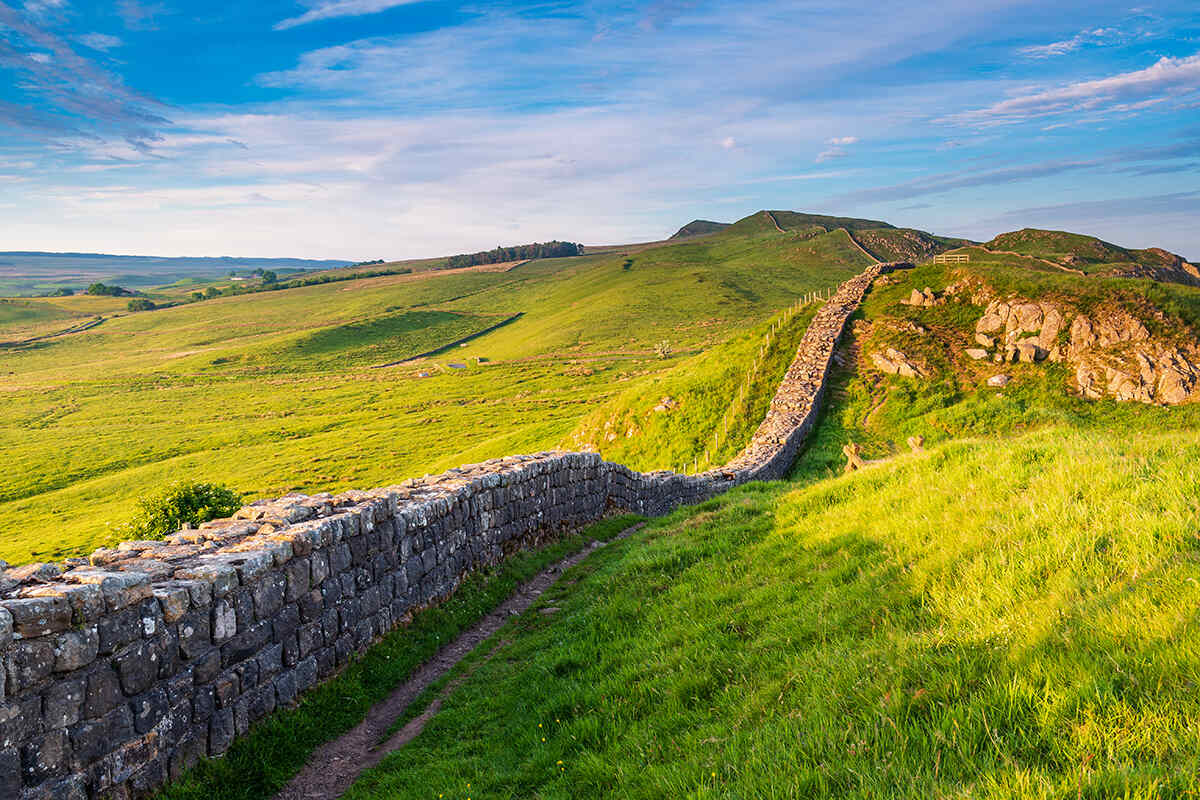
James Crawford ventures into an interesting and wide-reaching examination of the walls, barriers and ‘landscape interventions’ that shape our world
Review by Joanna Grochowicz
‘Borders are a dirty affair’, says one interviewee in Scottish historian and broadcaster James Crawford’s new book, The Edge of the Plain. Such understatement carries force in this wide-reaching examination of the walls, barriers and ‘landscape interventions’ that promote both freedom and independence, and enforce exile and humiliation.
Crawford ventures into interesting terrain. From Hadrian’s Wall to the trenches of the Somme to the Great Firewall of China, a border in cyberspace moving ever inwards, we’re reminded that all experience is bounded, mediated by arbitrary markers that not only delineate physical space, but also shape beliefs and identity.
The ‘restlessness’ of the border zone between Israel and the West Bank is described with sensitivity and, at times, a degree of dark humour. The thickness of pencil lines drawn in 1948 on 1:250,000 British survey maps results in ‘one long, snaking corridor of imprecise, debatable land’.
Crawford reminds us that nature and climate play a part too. In the case of the ‘adolescent’ border between Italy and Austria, it’s the watershed that has fixed the high-altitude border. Water, or rather gravity, has the final say on the outlines of nations.
Ultimately, humans are at this book’s heart. There’s the professor of anthropology who has collected and catalogued objects dropped by people crossing from Mexico into the USA, plotting the GPS coordinates of the migrant trash to create an archaeological record of the present. Then there are the Haragas – ‘those who burn’ – the desperate individuals who duct tape their feet so they can scale the razor-wire fences that surround Melilla, one of two Spanish enclaves in Morocco and Europe’s only border with Africa. The border marks ‘an eightfold difference in GDP per capita’; no wonder the Haragas ‘burn’ with longing to cross over. They speak of their need to make a ‘crossing’ in terms of addiction, obsession, a quasi-religious calling. But what lies beyond? Beatings, incarceration, a ‘hot return’ to the border, or perhaps a better life.
Borders are indeed a dirty affair, but as Crawford’s excellent book demonstrates, they are also fascinating.




